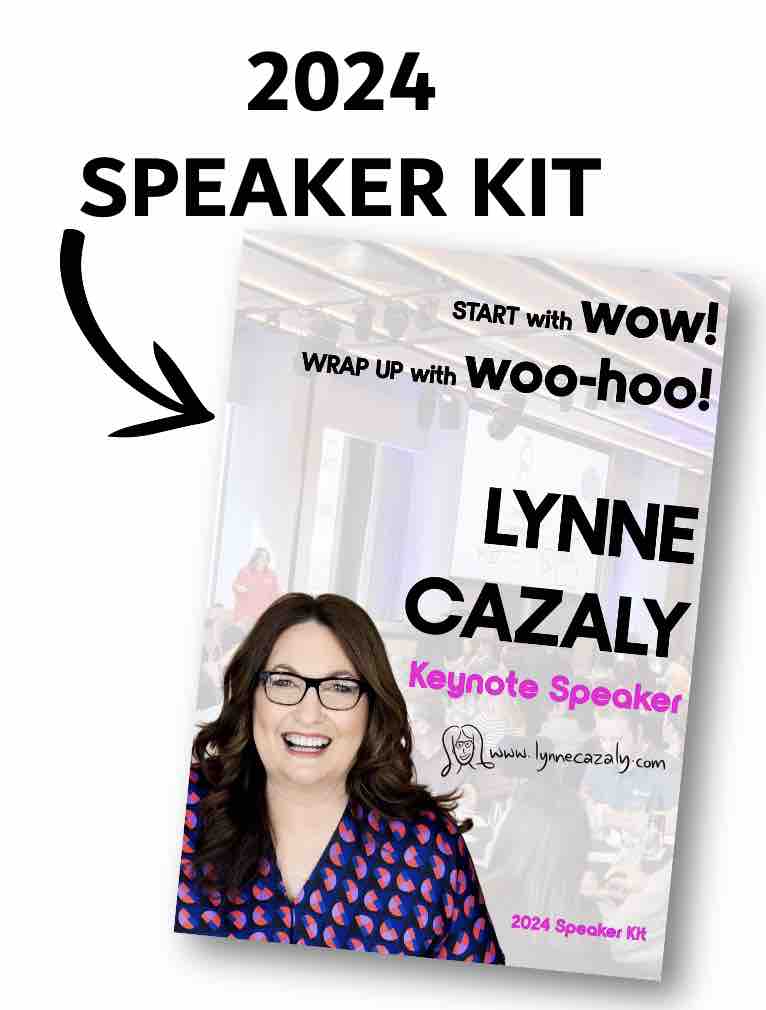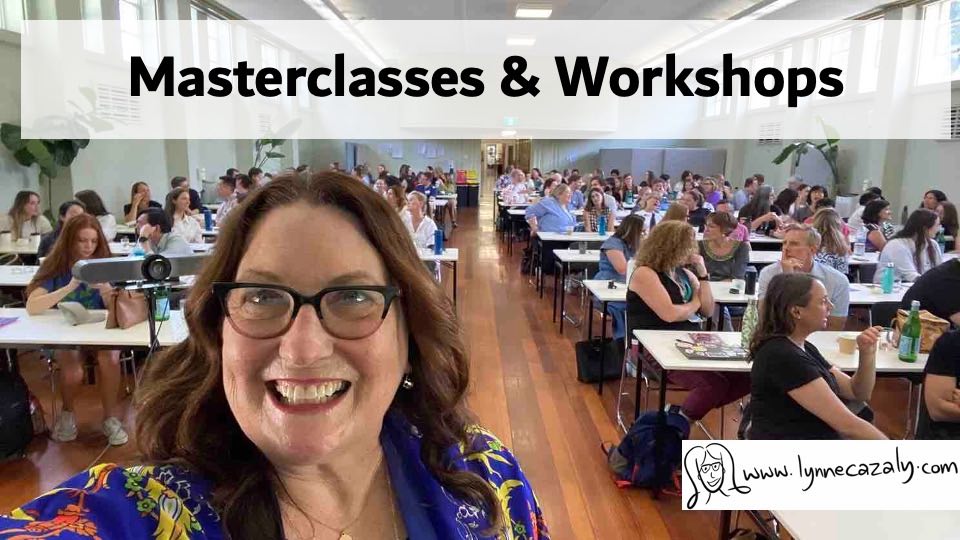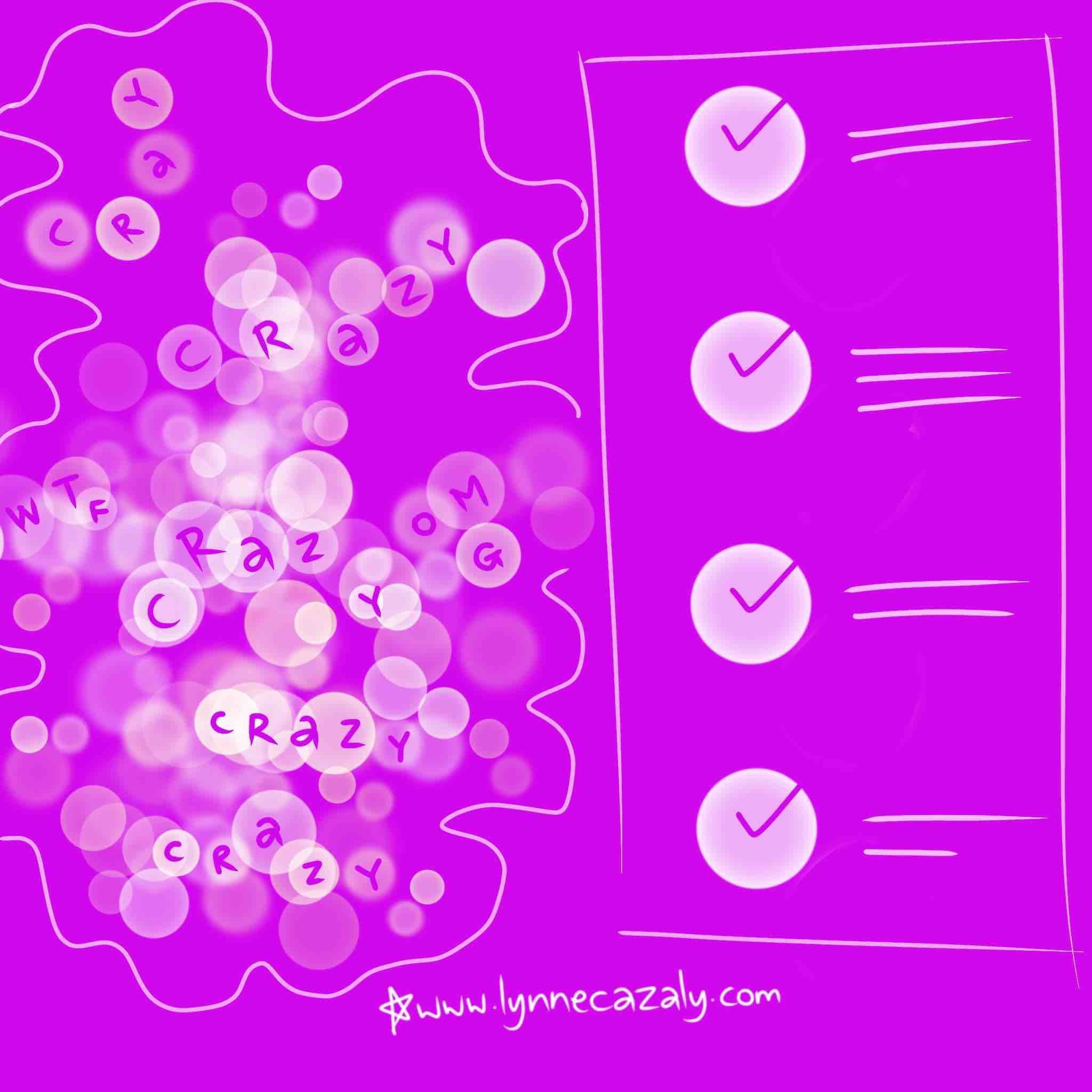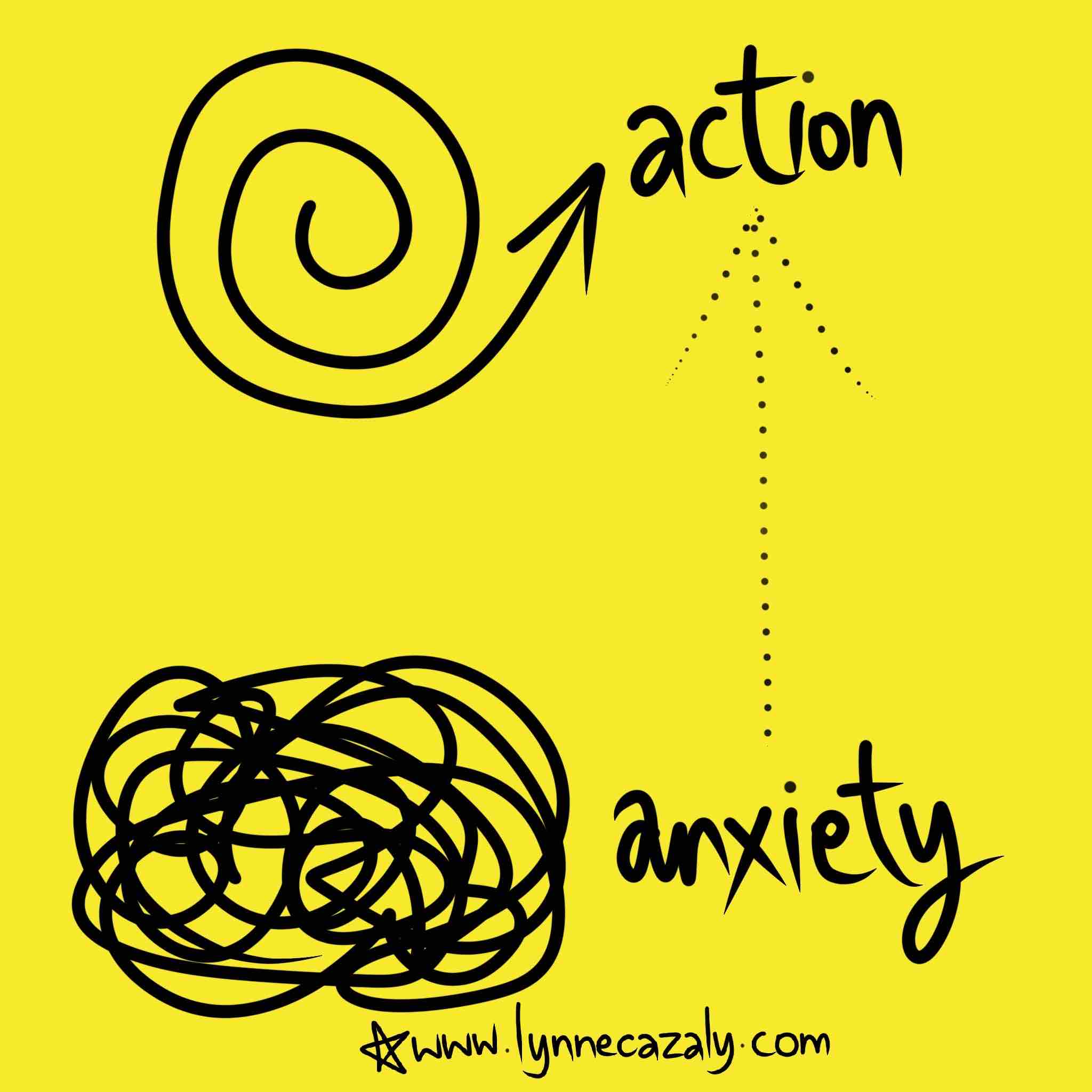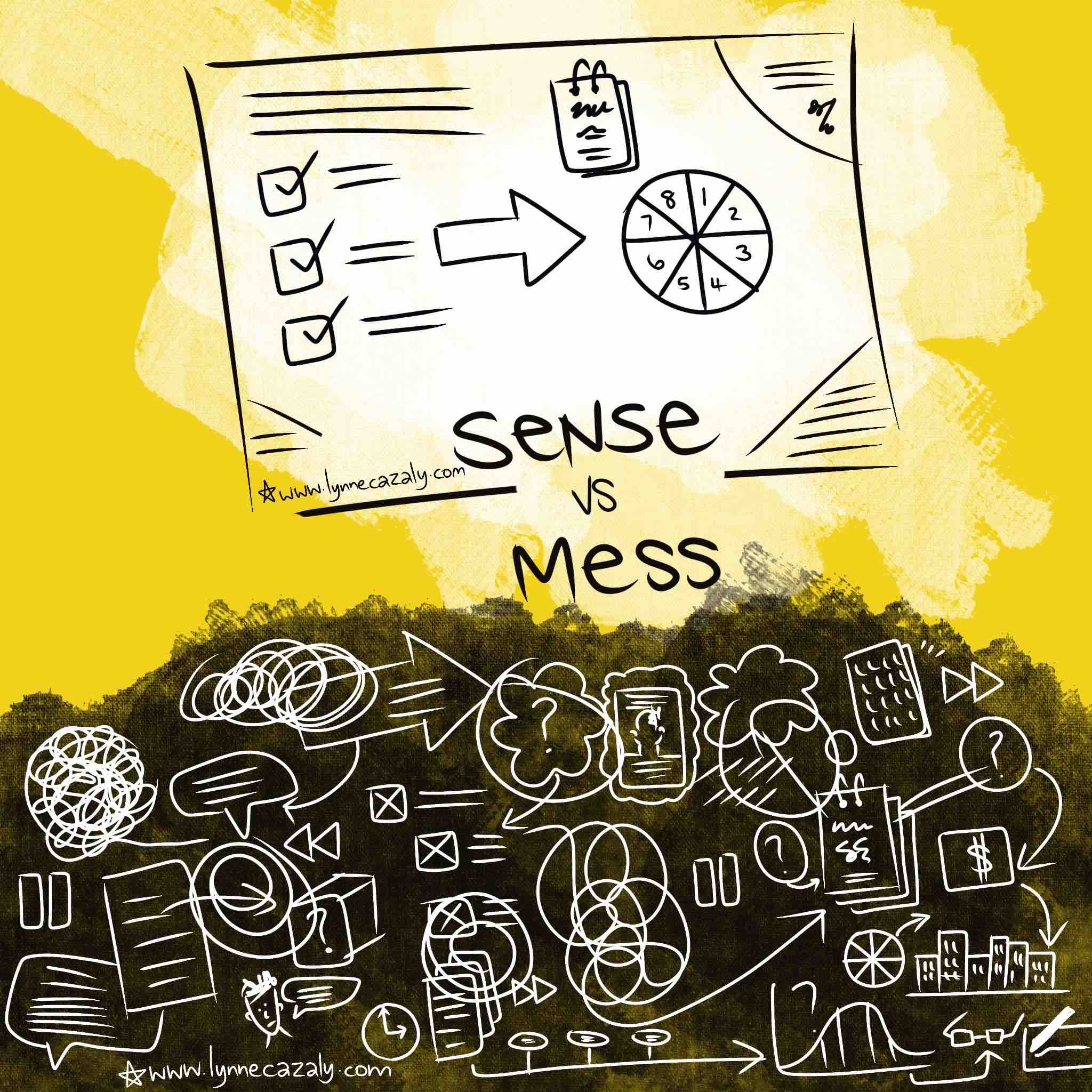The cost of your time
 Saturday, September 19, 2020 at 11:39AM
Saturday, September 19, 2020 at 11:39AM There can be both waste and value in our time.
▪️WASTE
Oh the time we waste: indecision, uncertainty, waiting for change, for the right time or until we feel ready?
What if all that time was added up and displayed on a huge digital clock, flashing in front of us?
We’d shudder at the hours and days wasted.
▪️VALUE
What results might be possible if we do a little each day? What if we spent 5 or 15 minutes? How would that also tally up and accumulate day after day?
It’s only a little bit of time, but each day it’s contributing to your goal or plan.
If you’re tallying up waste, looking back on what you haven’t done, it’s not that helpful a space ... to berate, shame or criticize ourselves.
Instead, do a little: everyday or several times a week.
▪️Writing a book: write 100 words
▪️Leading change: communicate each day
▪️Launching a business: do a small part each day
▪️Creating your own IP: collect an idea a day.
The goal or dream is not a disaster if you didn’t achieve it all in one sitting.
If you’d started 4 months ago, wow just imagine!
Or 4 weeks ago, or 4 days ago.
Or today!
There is massive value in our accumulated efforts - even when we don’t see the returns immediately.

